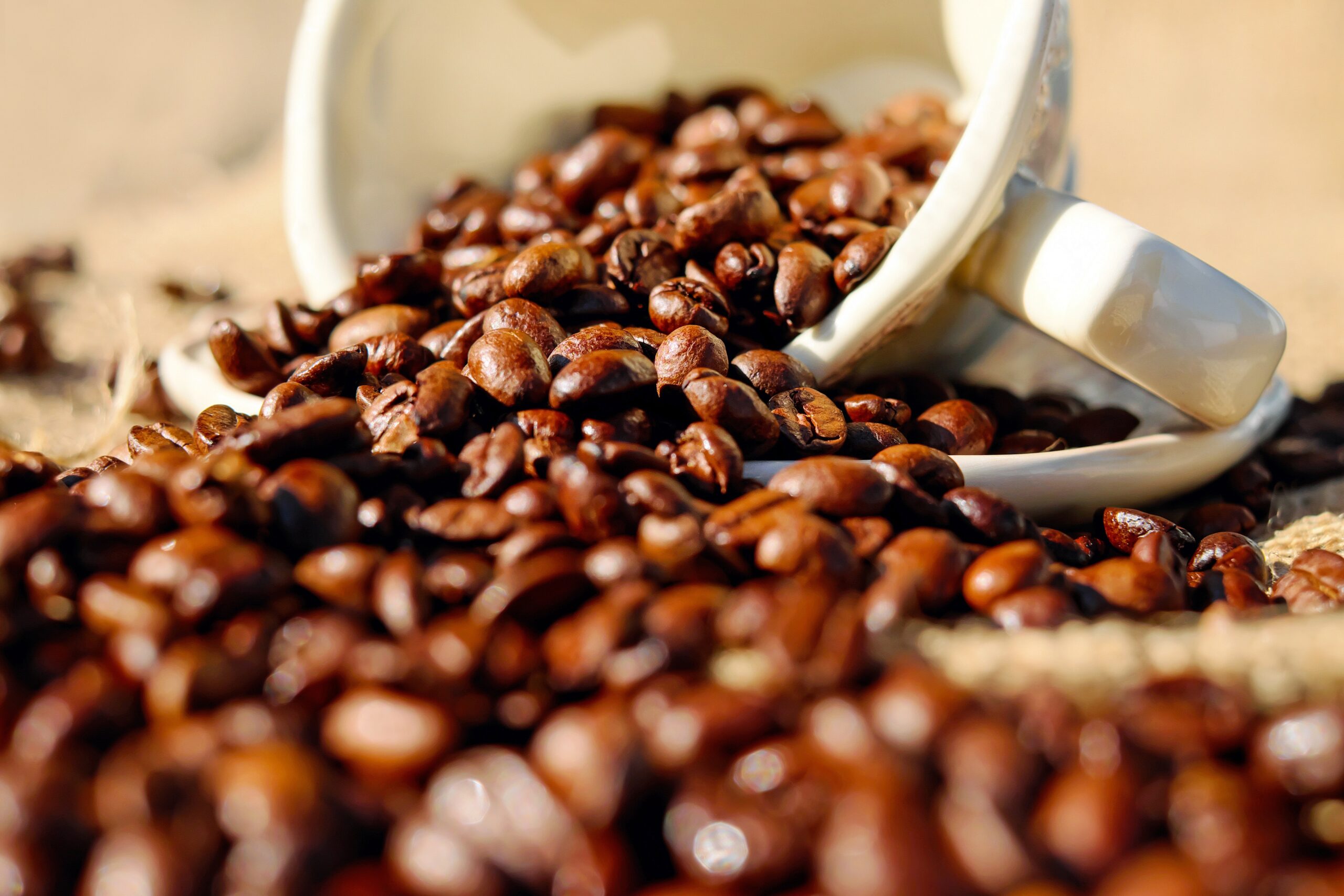
Caffeine and sport, all you need to know
What is caffeine?
Caffeine is an alkaloid of the xanthine group. It is found in coffee beans, tea leaves, soft drinks, energy drinks, cocoa and chocolate. It is stimulating and invigorating.
What are the benefits of caffeine?
Caffeine and alertness
Following the results of scientific evidence, the European Food Safety Authority (EFSA) confirmed that caffeine in doses of at least 75 mg increases alertness and attention. This means that it increases the speed of reaction when it comes to healthy individuals.
A study published in Frontiers in psychology in 2016 showed that coffee had a positive effect on students' memory when drunk early in the morning. Notably, the effect was noted in students when they sat for exams early in the morning.
Caffeine improves memory
In a study of 95 healthy adults, moderate doses of caffeine 200 mg increased memory performance. Although the results were not significant, high to moderate dose caffeine users had a higher rate of memory retrieval compared to limited use.
Caffeine improves mood
For some people, just getting 200-250 mg of caffeine improves mood for up to 3 hours. A study of 43 men and 164 women found that people who consumed caffeinated coffee had a lower suicide rate. Possibly due to the extent to which caffeine increases dopamine. However, increasing amounts of 600 mg can lead to increased stress and anxiety, which can negatively affect mood.
When are the effects of caffeine felt?
It is rapidly absorbed through the gastrointestinal tract, reaching peak plasma concentrations approximately 30 to 60 minutes after ingestion. It then remains relatively constant for several hours.
How does caffeine help physical performance?
Increased endurance
Different studies performed in people who practice physical activity show that caffeine doses between 3 to 9 mg/kg can increase endurance performance.
These effects are achieved through: maximal pulmonary ventilation, elevation in VO₂-max (maximal amount of oxygen in blood for metabolic activities), and muscle oxygen saturation during exercise.
Running performance
Scientific evidence reveals basically two areas where caffeine favors physical performance:
- Vertical jump and running performance: review of more than 34 experiments in sports practice measuring physical and physiological variables during sessions, with an average caffeine intake dose of 4.5 mg/kg, revealed that vertical jump and running performance were positive in both total distance run, agility and accuracy.
Moreover, caffeine ingestion did not affect the rate of perceived exertion during exercise, and the dose was administered between 10 and 70 minutes before the start of exercise.
- As a fuel source: Other recent studies also show that caffeine ingestion increases the rate of fatty acid oxidation in healthy subjects of both sexes, being a primary source of fuel before carbohydrates.
The effects of caffeine on athletes
Pre-exercise ingestion of a moderate dose of caffeine has been shown to be effective in increasing several physical performance variables in team sport athletes during specific events and matches.
It has been shown to be effective in improving performance in different types of sporting activity: endurance, high intensity, team sports, power-strength activities and even submaximal exercises, due to the fact that it reduces fatigue and increases muscle strength at the end of exhaustive exercise.
It is also effective in improving alertness, reaction time, motor learning and recent memory. Caffeine has not been included on the World Anti-Doping Agency's list of prohibited substances since 2004.
Are there any contraindications to taking caffeine?
Caffeine, in usual doses, presents mild side effects, such as gastrointestinal discomfort, anxiety, headache, tremor, restlessness, nervousness, psychomotor agitation, difficulty in concentration, insomnia, irritability, dependence, tachycardia and hypertension. There are warnings about its use, but no contraindications.
Pregnant women should prudently limit their caffeine consumption to less than 300 milligrams per day (less than 445 ml of coffee, or 15 ounces), in people under 18 years of age its use is not recommended, and those who have any cardiovascular or neurological condition, should consult with their physician before use.
Usefulness of Caffeine, fatty acid oxidation
Several studies have evaluated the usefulness of caffeine during exercise.
Study in Spanish Universities
A 2021 study by Ramirez et al, conducted at the University of Granada and King Juan Carlos University, evaluated the effects of caffeine intake on fatty acid oxidation taking into account diurnal variation during sports practice.
For this purpose, healthy and active subjects underwent a graded cycling test four times at seven-day intervals, where one group ingested caffeine (3 mg/kg) and the other placebo (no caffeine), at 8 am and 5 pm. Maximal fat oxidation rate (FMO) and maximal oxygen consumption were measured, and the exercise intensity elicited by the FMO was calculated.
Study results
The results showed that caffeine compared to placebo increases fat oxidation by 10.7% in the morning, and by 29.0% in the afternoon. These results suggest that:
- Afternoon fat oxidation by caffeine. The combination of caffeine intake and moderate-intensity exercise in the afternoon provides the best scenario for individuals seeking to increase whole-body fat oxidation during aerobic exercise.
- Ergogenic support of caffeine in the morning. Caffeine intake in the morning could be used by athletes as an ergogenic aid to help them avoid morning-induced reduction in muscle performance.









